Europa, one of Jupiter’s many moons, is an icy environment with a saltwater ocean beneath its surface. NASA plans to learn more about this ocean by sending the Europa Clipper into Jupiter’s orbit.
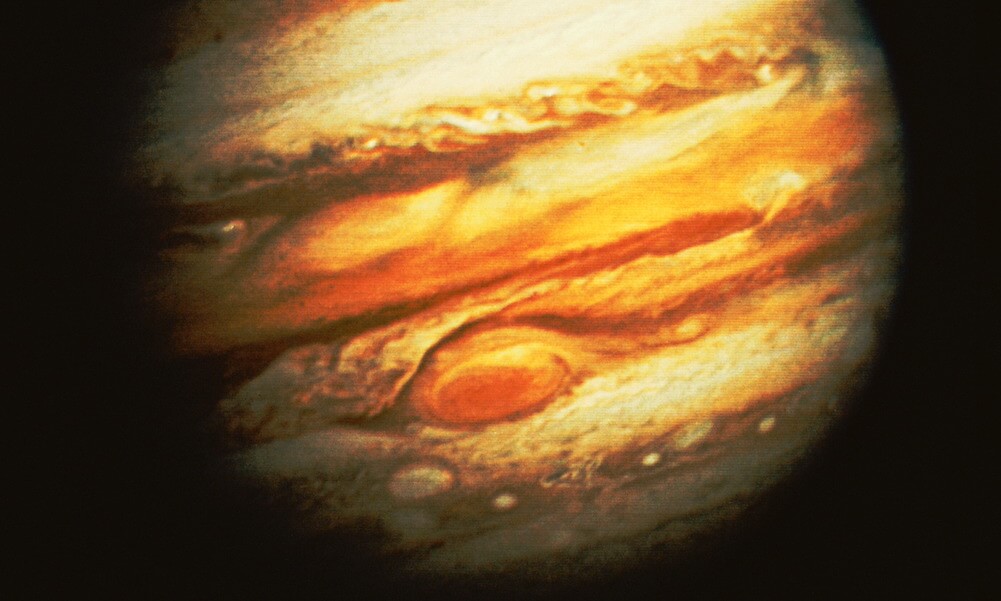

Europa, one of Jupiter’s many moons, is an icy environment with a saltwater ocean beneath its surface. NASA plans to learn more about this ocean by sending the Europa Clipper into Jupiter’s orbit.

It’s an eerie feeling: You walk into a place you know you’ve never been before but are overwhelmed by a sense of familiarity—a memory you can’t quite reach. Has this all happened before?
The sensation is known as déjà vu, and though it is hard to study, scientists are slowly figuring out why it happens.
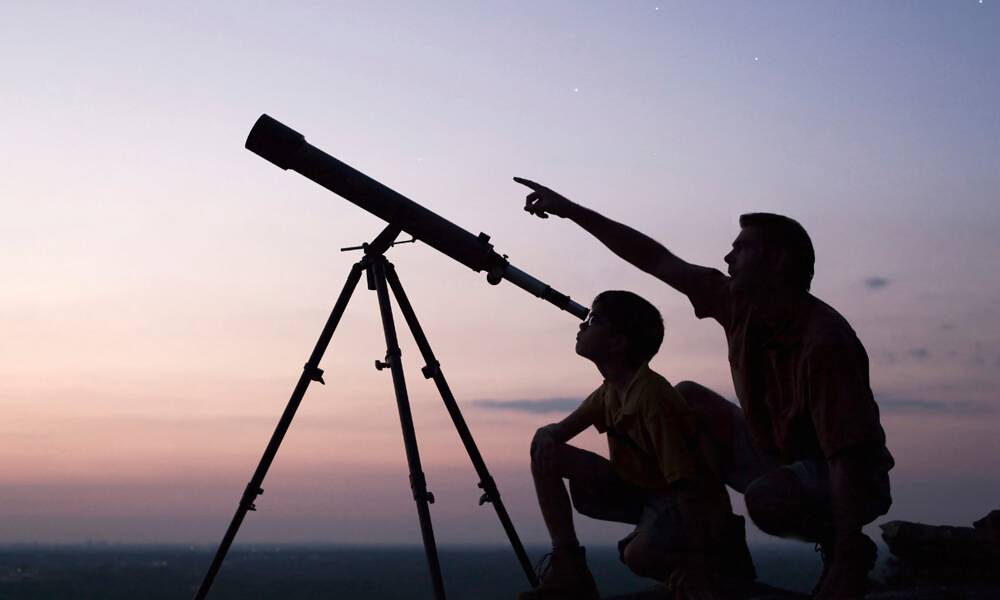
It’s too early to know what the greatest scientific discoveries and achievements of 2024 will be, but now that we’ve had some time to reflect on last year, here is one site’s opinion on what the Top 10 most intriguing advancements of 2023 were. Which ones do you agree with? Are there any you think should have made the list?

Quick! How many organs are there in the human body?
Don’t worry, I can’t remember, either. But whatever that number is, some scientists are proposing that we add one more to the list—a newly discovered system of fluid-filled tissue that goes throughout the body called the interstitium. And understanding it may open up brand-new options for treating everything from cancer to immune disorders to gum disease!
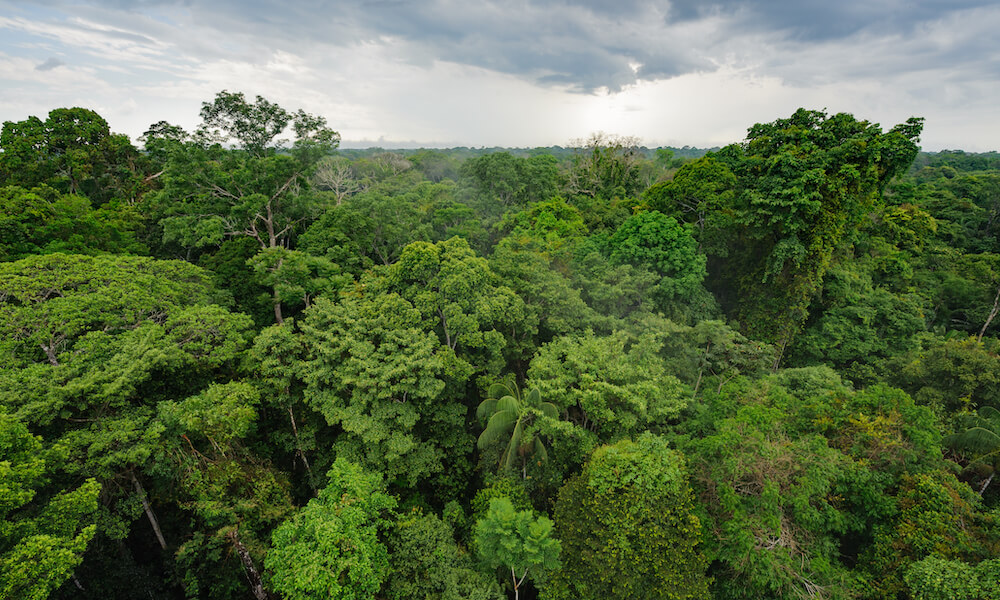
Logging in the Amazon rainforest could threaten the health and wellbeing of an isolated tribe known as the Mashco Piro people.

The 2024 Olympic Games in Paris had a goal of being the most environmentally-friendly games in history. One way to meet this goal was by asking the question: “What if the Olympic flame looked like a flame, but wasn’t one?” Learn how engineers came up with the illusion at the heart of the Olympic Games

Though poets often draw on imagery from nature, science and poetry often appear to be set in opposition to each other. Can the world of facts mesh with the world of emotions? In this essay, poet and scientist Pireeni Sundaralingam analyzes the complex relationship between the two.

By traveling to exciting new places, confronting phobias might turn into a thrilling adventure. Explore five sites people can visit to overcome fears such as heights or the dark.

Tornadoes, ice ages, asteroids, megaquakes, and sometimes angry aliens: Hollywood sure enjoys disasters! Read this article about the differences between Hollywood’s view of earthquakes and the views of the scientific community. Learn the real-world science behind movie myths and mayhem.

Pigeons that guide missiles to their targets? Cats that spy on secret meetings? Trained spiders? Read this article to learn why Bob Bailey, the first director of the Navy’s dolphin training program, says he’s never found an animal he couldn’t train—and find out what his animals have been trained to do.

Opal Sandy, a little girl born with genetic deafness, can now hear for the first time thanks to gene therapy designed to treat certain types of deafness.
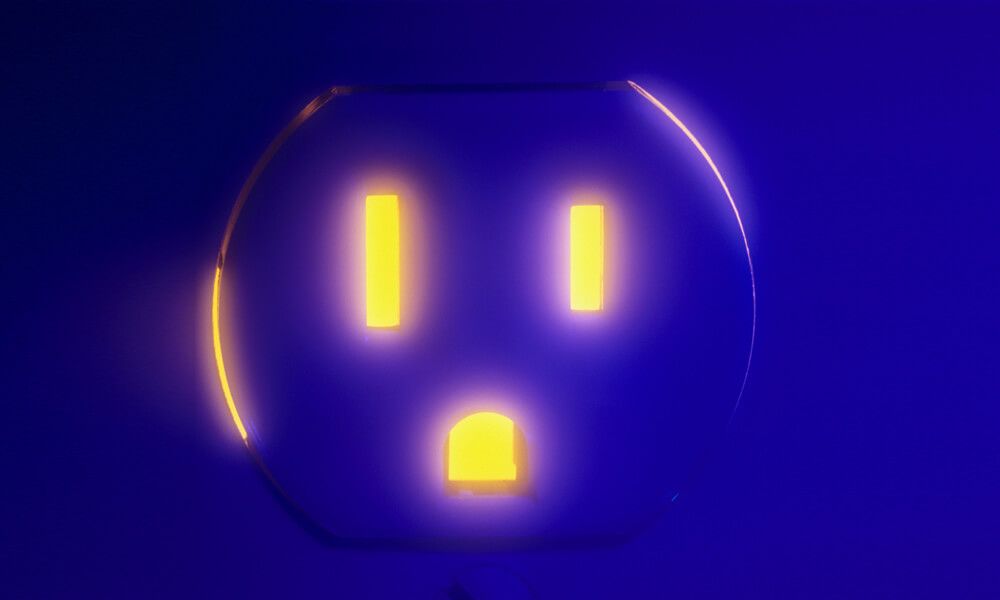
Have you ever looked at an electrical outlet and thought it looked like a face? Or looked at a cloud and seen a bunny rabbit? If so, you’ve experienced the phenomenon of pareidolia. But why does our mind create faces out of random shapes? Read this article to learn more.

Have you ever wondered why some products appear at the top or bottom of online shopping search pages? Or why some items appear twice? Or why you may see identical items with different prices? Artificial Intelligence is powering more and more online and it has a growing ability to influence consumer decisions—and to do so in ways the consumer is unaware of.
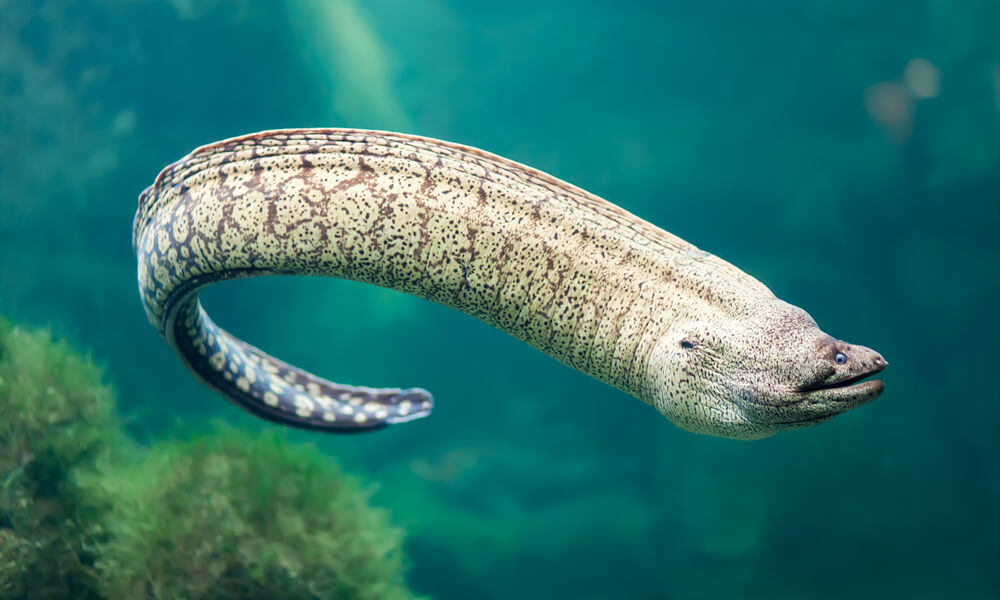
While scientists don’t believe there is a giant monster hiding out in Loch Ness, they are considering what creatures could live there based on DNA testing.

Trypophobia describes the fear of clusters of holes. While it’s not officially recognized, many are convinced they have it.

Disney is known for creating magical effects on-screen, but did you know they also use tricks and deception in their theme parks, too? This article discusses a few of the ways Disney–and other theme parks and entertainment venues–use optical illusions to create magical effects in real life.

A surgical robot originally intended for space has the potential to revolutionize surgery here on Earth.
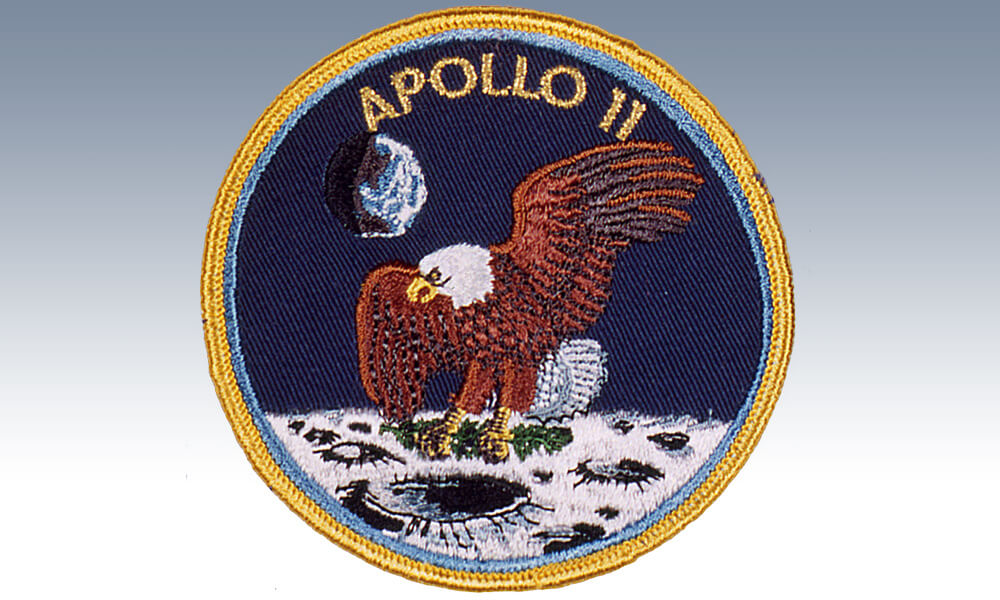
In 2019, NASA announced that the agency’s efforts to return to the Moon would be named the Artemis program. The goddess Artemis was heavily associated with the moon, and she’s also the twin of Apollo, whose name graced NASA’s first lunar missions in the 1960s. But why does NASA choose mythological names in the first place?

A new discovery in the Amazon unveils more information about the vibrant and complex civilization of the Upano people, who populated the region thousands of years ago.

Magician David Kwong breaks down magic into what he calls the “7 Principles of Illusion” and explains what goes into the execution of a magic trick.
Beware: He does give some general spoilers for how some magic tricks are done.